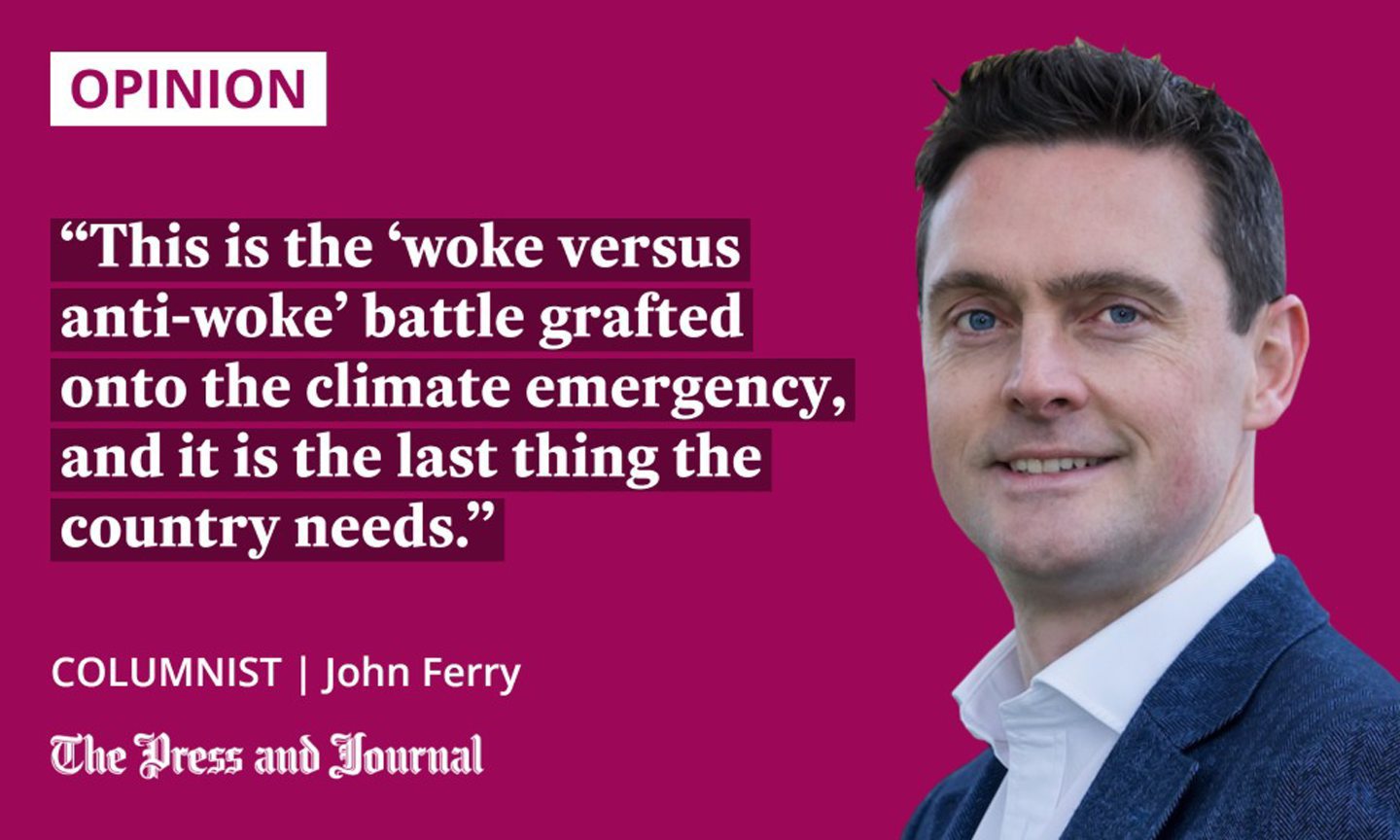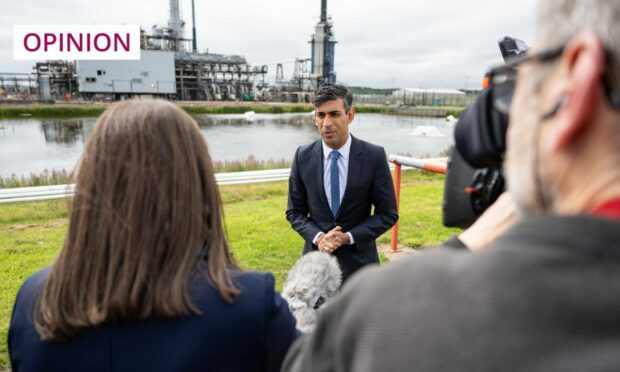Prime Minister Rishi Sunak is in a bind.
He clearly enjoys being PM and would no doubt give anything for a full term in office – if not two or three of them – to properly make his mark. But the next general election must take place no later than January 24, 2025, and current polling points to the Tories getting completely trounced.
The latest YouGov voting intention poll puts the Conservatives on 25% of the vote to Labour’s 47%. Sunak might make for a more credible leader than Liz Truss or Boris Johnson, but the damage inflicted by those two, alongside Brexit and the economic malaise inflicting the country, has dealt him a losing hand.
What’s to be done, then? Sunak’s answer, depressingly, seems to be to scrap the last 10 years of cross-party consensus on tackling the climate crisis in favour of exploiting green policies as a new wedge issue, in the hope that this will reverse his party’s dismal polling numbers.
In recent weeks, Sunak has talked about “anti-motorist” low traffic neighbourhoods and being on the side of Britain’s drivers, and how he wants to “max out” oil and gas developments in the North Sea.
If he can split us on the climate crisis to the point where people link their identity to one of two positions, then he can extend the culture wars and put his party on the side of ordinary folk battling against privileged elites trying to do them down. It worked for Boris Johnson, exploiting the EU divide, so it might just work for him on the climate crisis.

That it has come to this shows what a sad and desperate situation Sunak and the Conservative Party are in. It was a Tory administration after all that, just a few years ago in 2019, passed legislation requiring the government to reduce the UK’s net emissions of greenhouse gases by 100%, relative to 1990 levels, by 2050 – thereby achieving net zero. Can you imagine a Sunak administration passing such a bill today?
There are reasonable arguments to be made about the pace and real-world impacts of the transition away from oil and gas, as there are about attempts to improve urban air quality. Change must be undertaken pragmatically and be sensitive to people affected, especially during a cost-of-living crisis.
But, let’s be clear, Sunak is not trying to have that conversation. If he were, he would be talking about a sensible transition away from fossil fuels, instead of maximum exploitation at any cost, and he would not be framing those in favour of low emission zones as “anti-motorist”.
No, this is the “woke versus anti-woke” battle grafted onto the climate emergency, and it is the last thing the country needs.
Talking about freedom, sat in Margaret Thatcher’s old Rover.
Earlier I spoke to @Telegraph about how important cars are for families to live their lives. It’s something anti-motorist Labour just don’t seem to get.
And it’s why I’m reviewing anti-car schemes across the country. pic.twitter.com/0OiKhFLjc3
— Rishi Sunak (@RishiSunak) July 30, 2023
Will it work? Hopefully not. Polling consistently shows that Britons support the net zero target and want to see their government effectively tackle the climate crisis. Environmental sensibilities might be too heavily embedded for the culture war tactic to take hold.
There is also a question mark over whether Sunak can effectively do populism. His California geek vibe makes his venturing into the culture wars seem inauthentic, which likely dampens the impact he hopes to have.
Climate crisis presents an opportunity for Sunak to show real global leadership
The irony is that the climate crisis presents an opportunity for Sunak to show real global leadership, for him to make his mark, even if his time in office is relatively short.
An illuminating recent paper published by the Climate Policy Initiative, a think tank, looks at the challenge of making affordable finance available for renewable energy projects in developing countries. Over 80% of green investment is funded by the private sector in rich countries. In emerging and developing countries, it is only 14%.
Yet, developing countries today generate over 60% of greenhouse gas emissions, a number that will surely grow as their economies expand. To achieve a green transition in these countries will require some $2.4 trillion per year by 2030. But developing countries don’t have the debt capacity to finance this themselves, even if the full political will were there.
Sunak, with his background in high finance, could be leading the charge
What is needed, the paper argues, is for multilateral institutions to step in and create risk safety nets to stimulate the needed private investment into what should ultimately be profitable projects.
Sunak, with his background in high finance, could be leading the charge on seeing these types of solutions come to fruition, leveraging his position to get institutions like the International Monetary Fund on board. In the process, it might even boost Britain’s financial sector, which would no doubt play its part in facilitating the financing.
That would be real leadership. Instead, we have petty attempts to divide us into pro and anti-motorist camps. It’s so uninspiring as to be tragic.
John Ferry is a regular commentator on Scottish politics and economics, a contributor to think tank These Islands, and finance spokesperson for the Scottish Liberal Democrats










